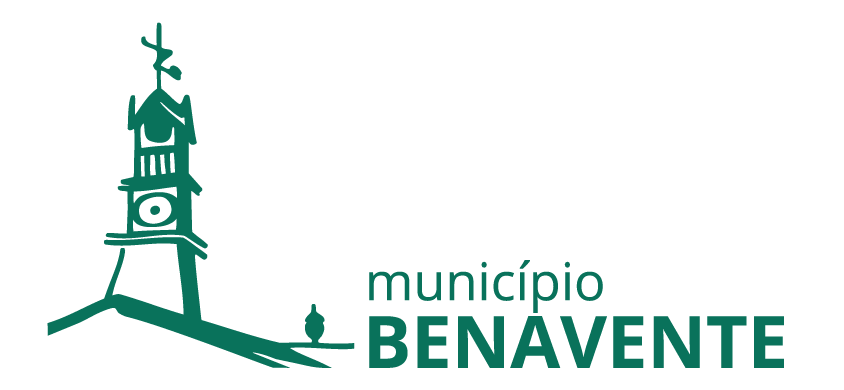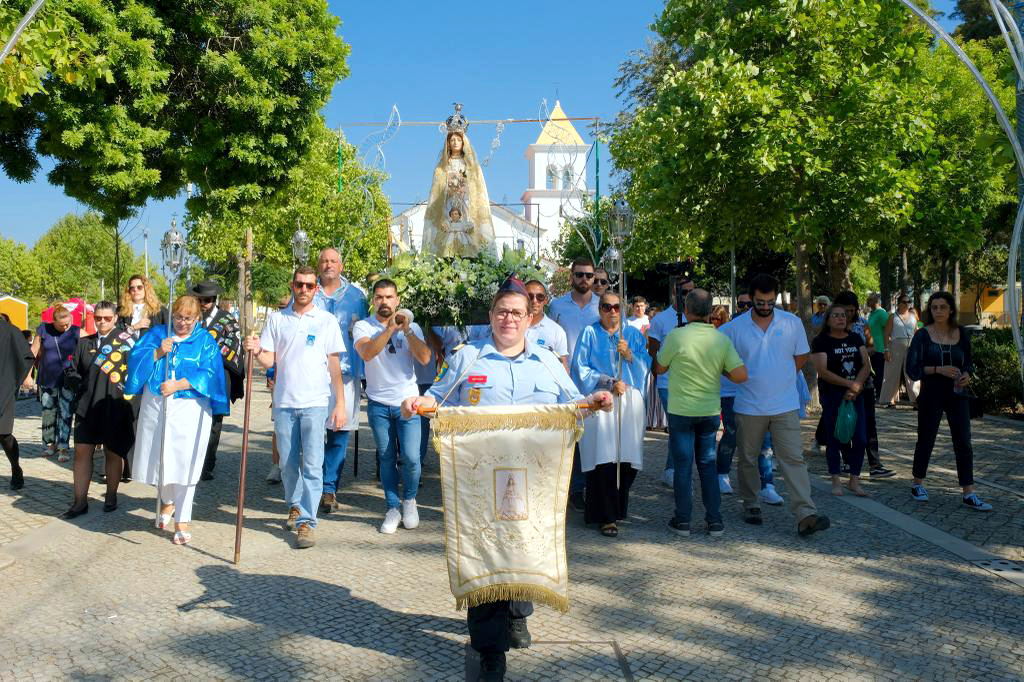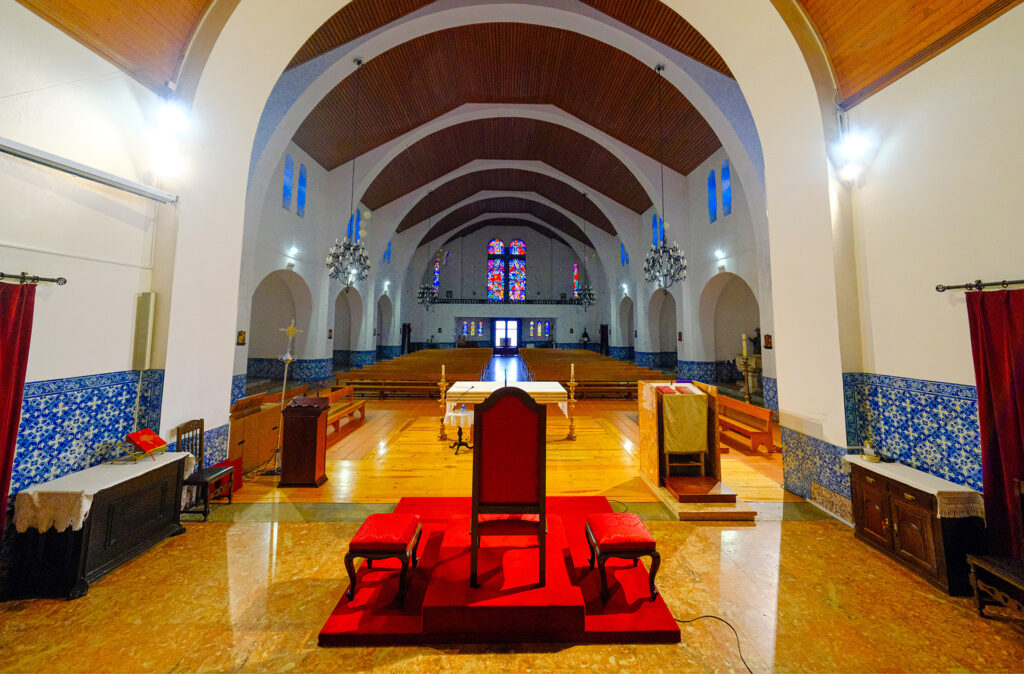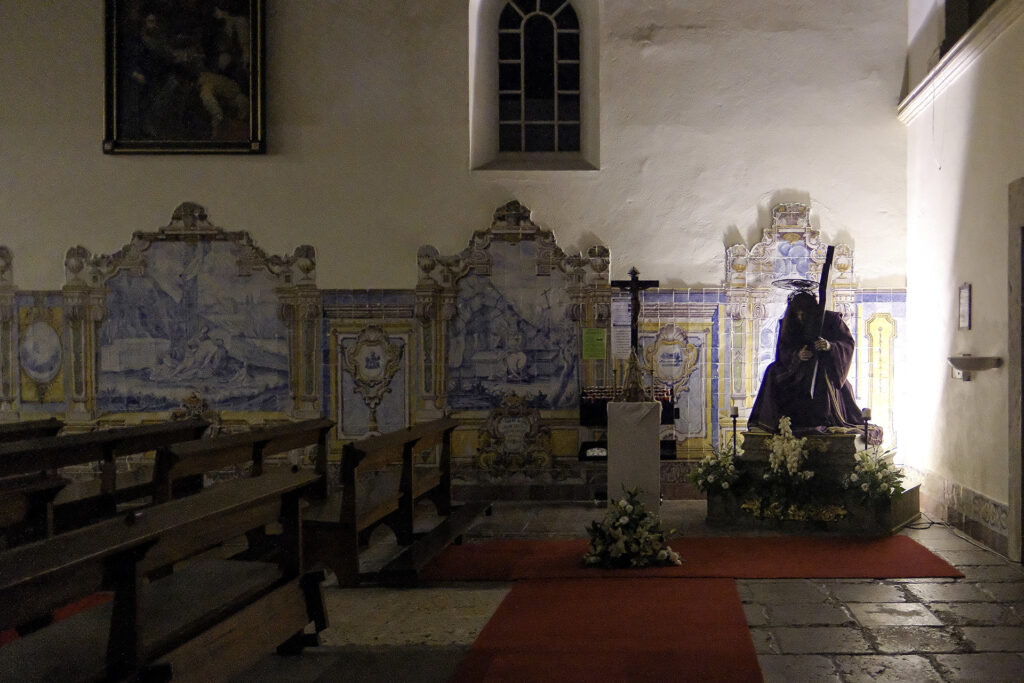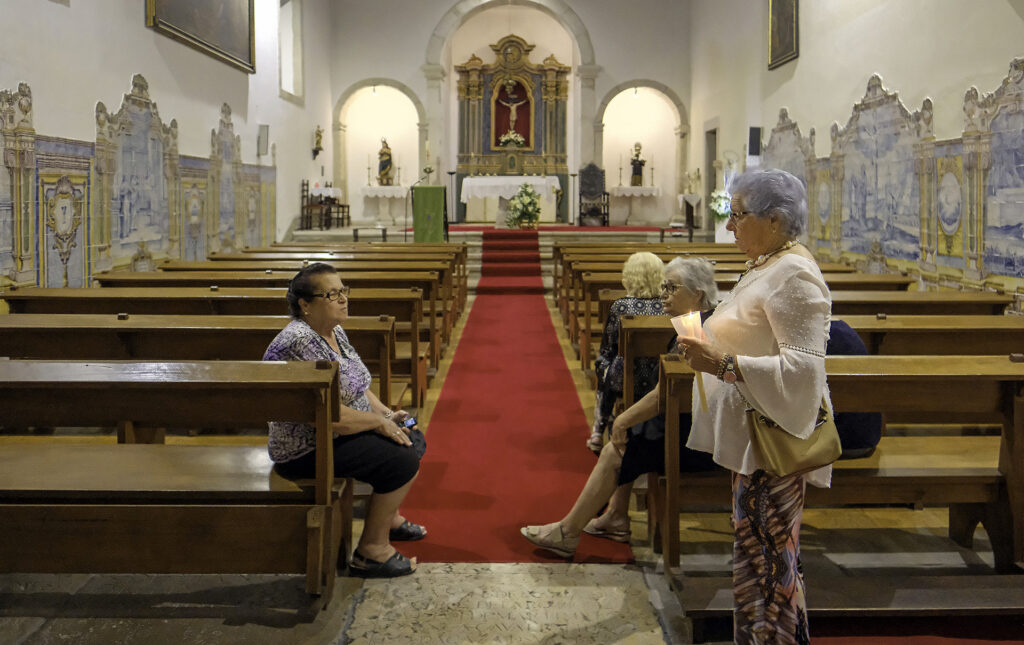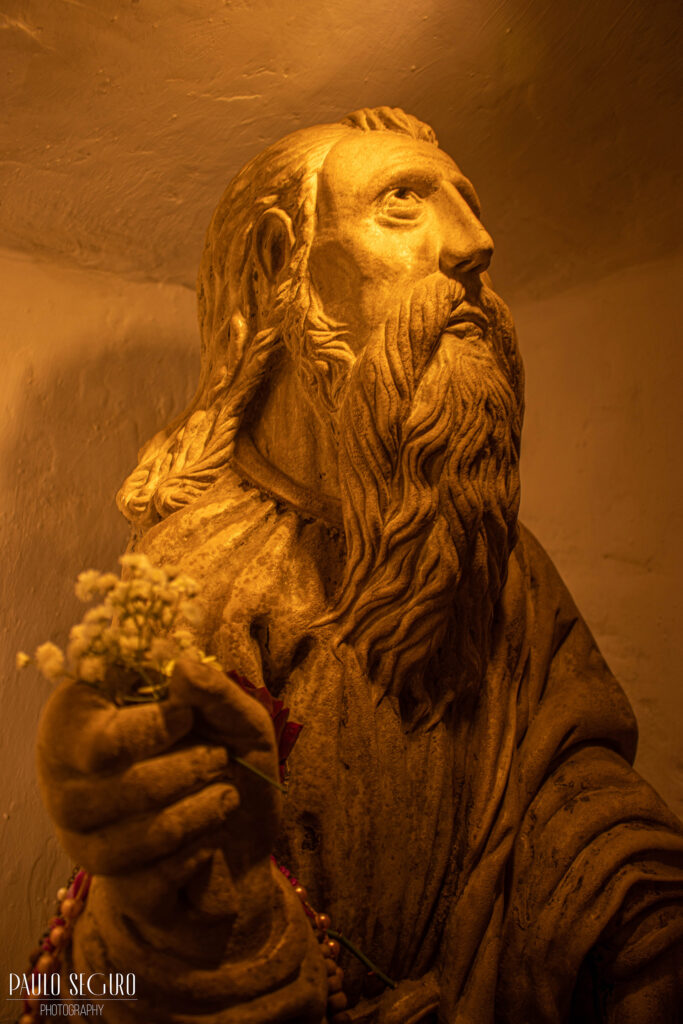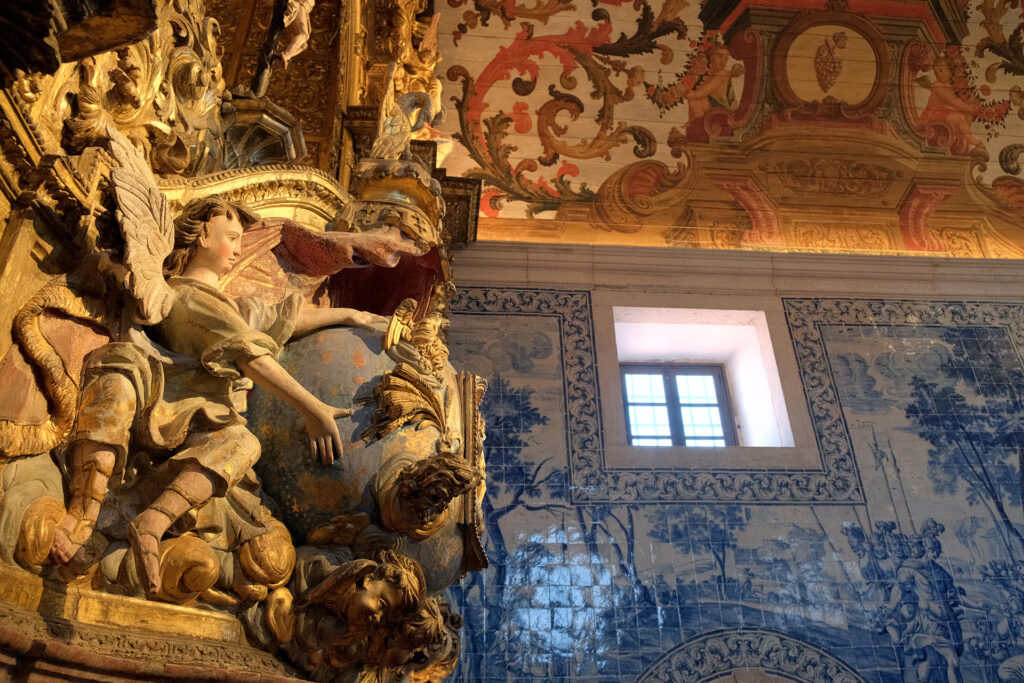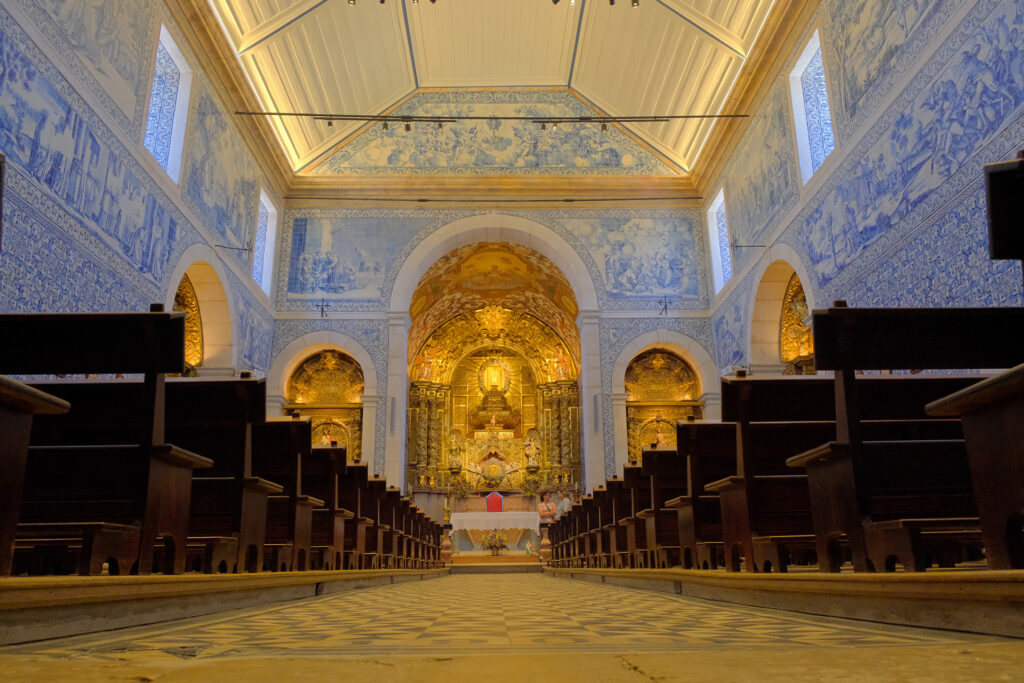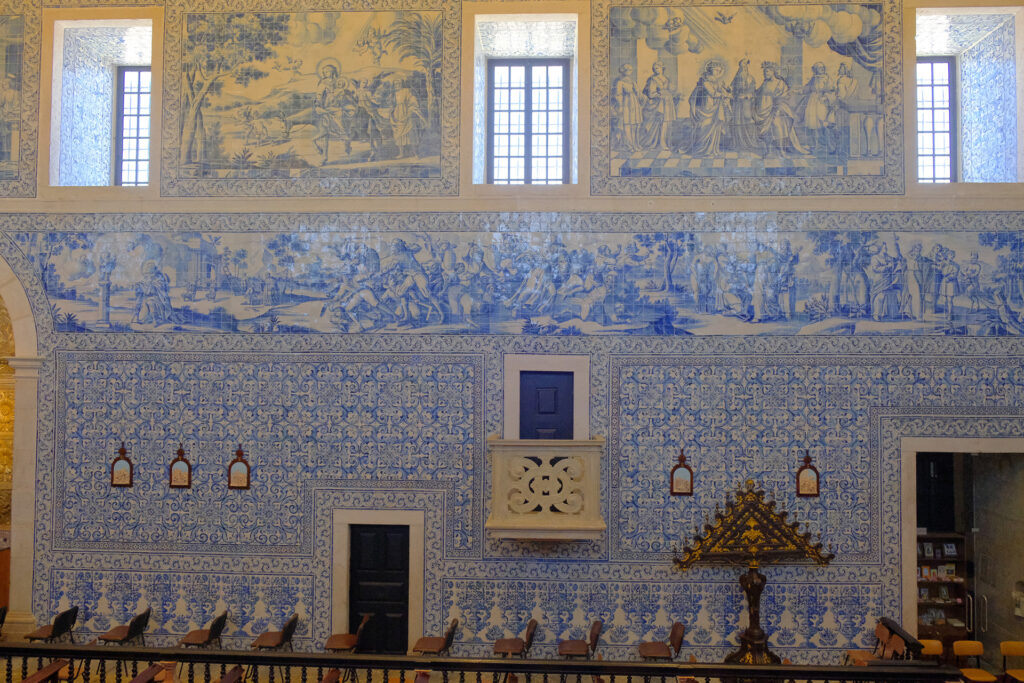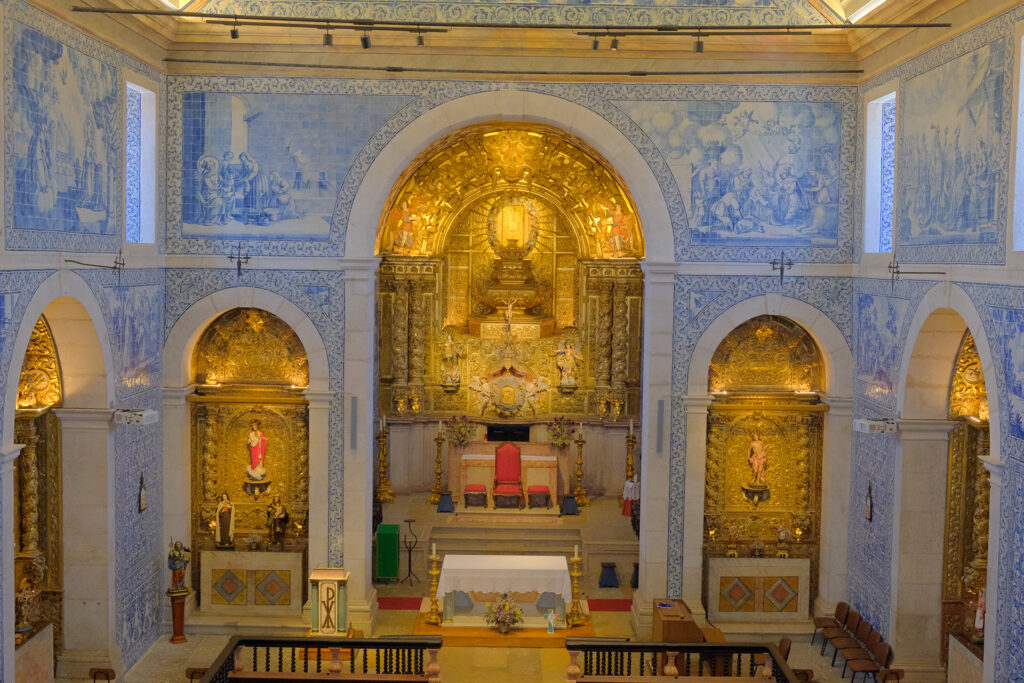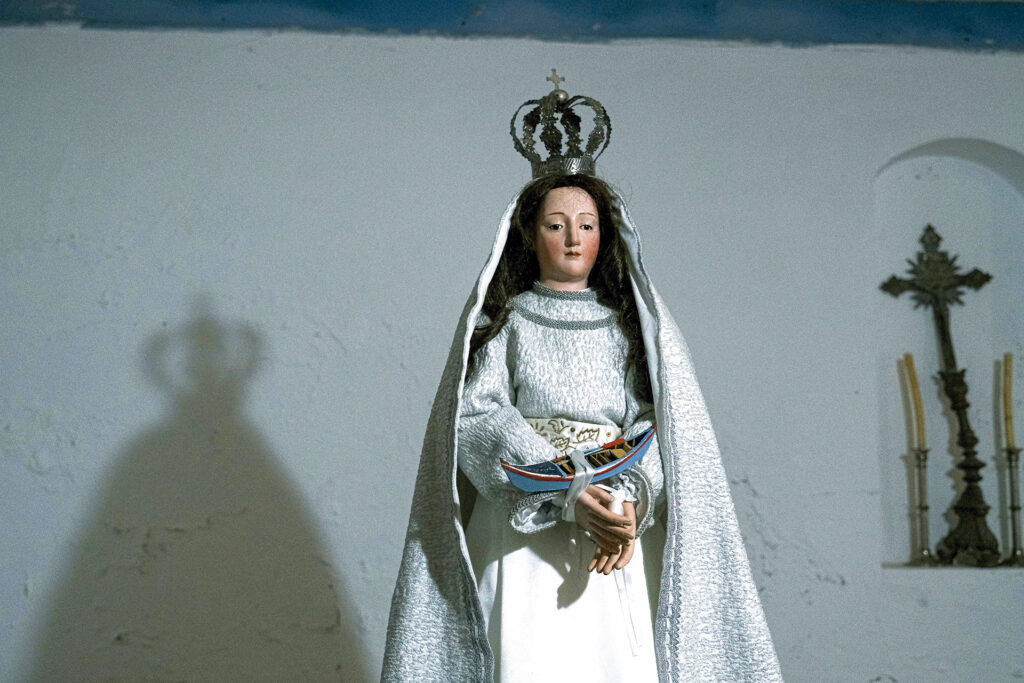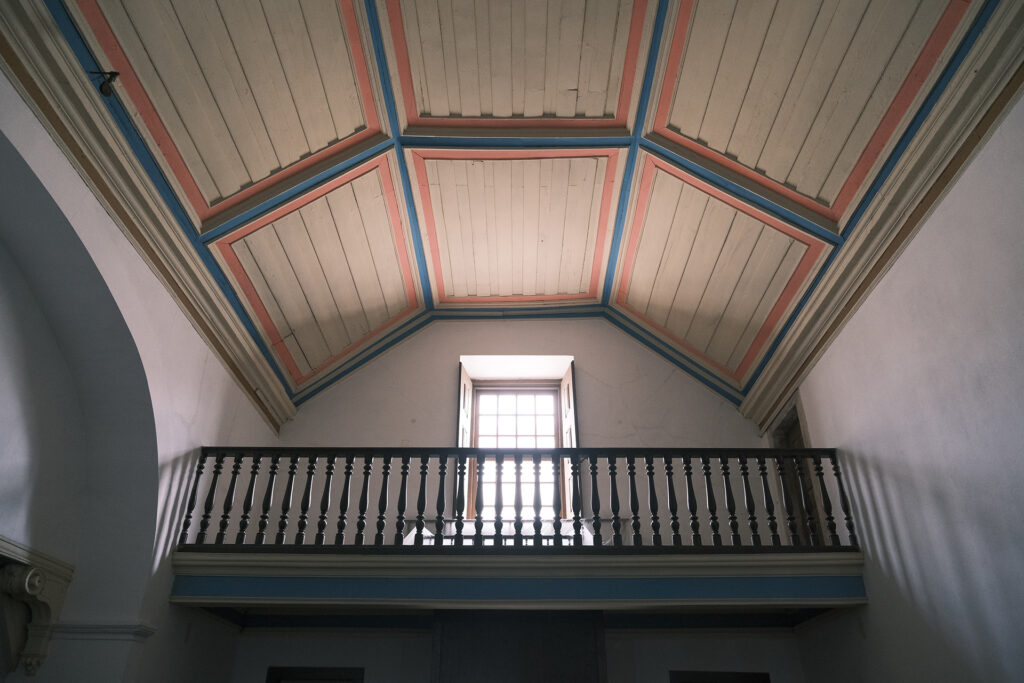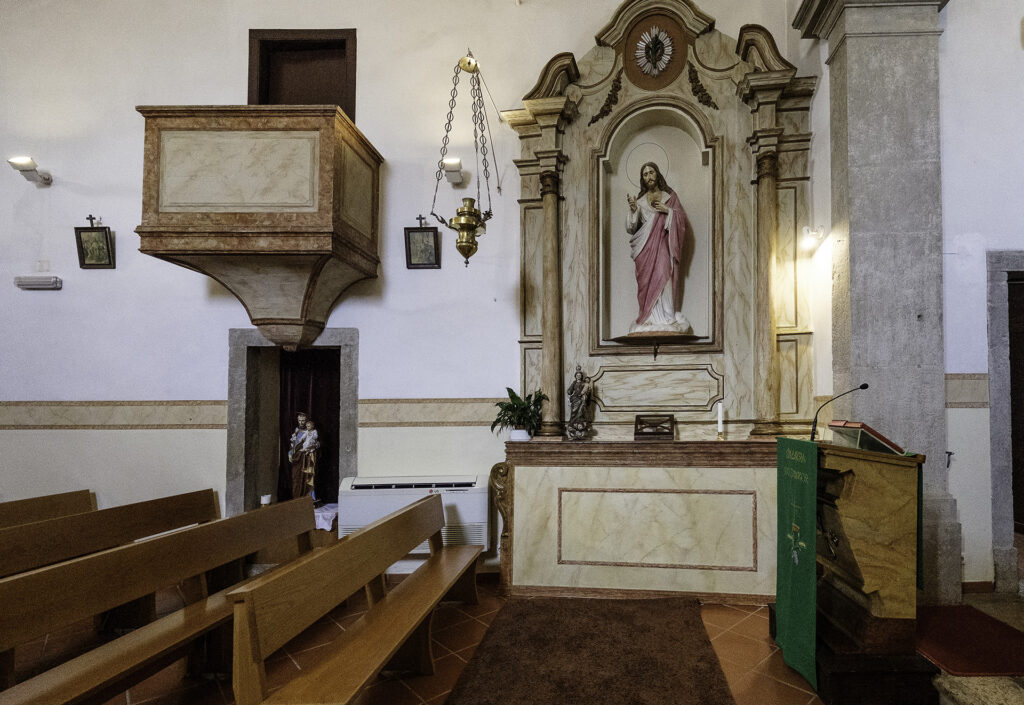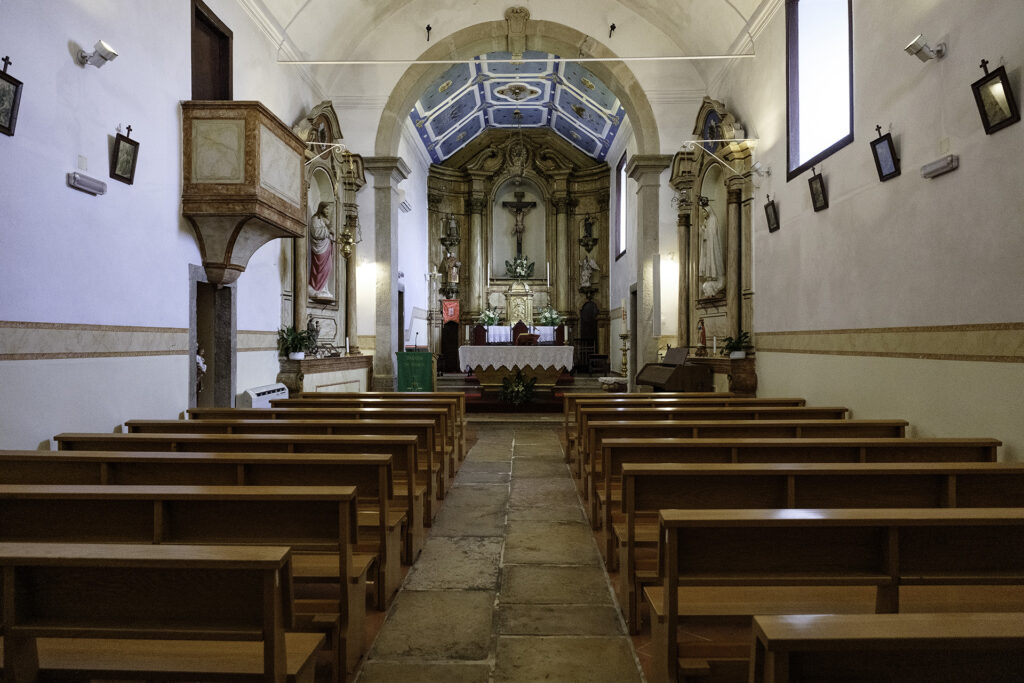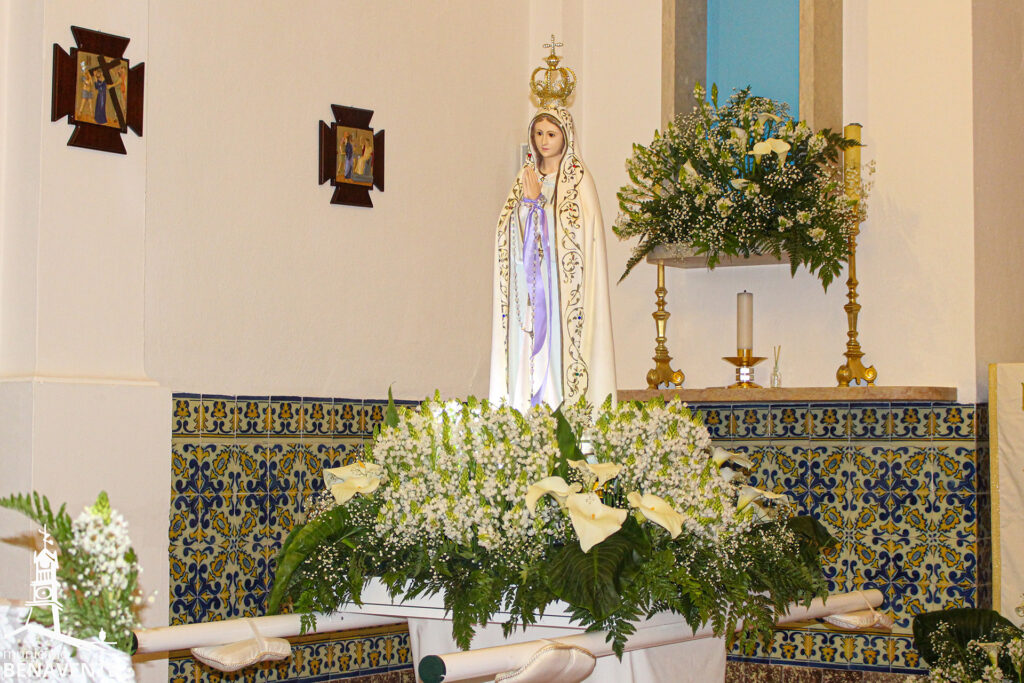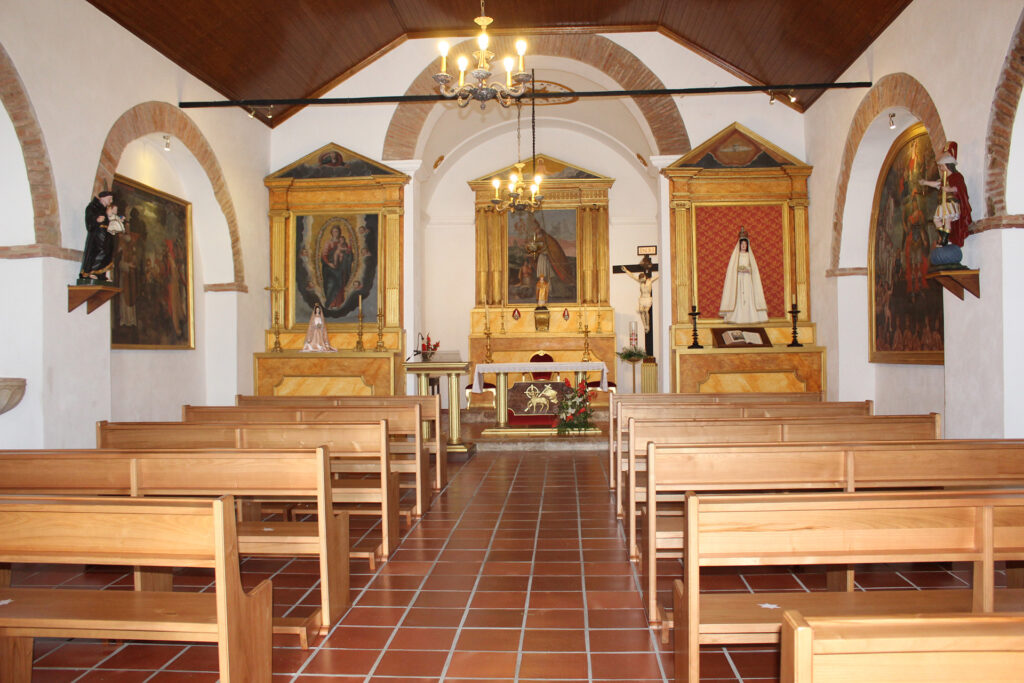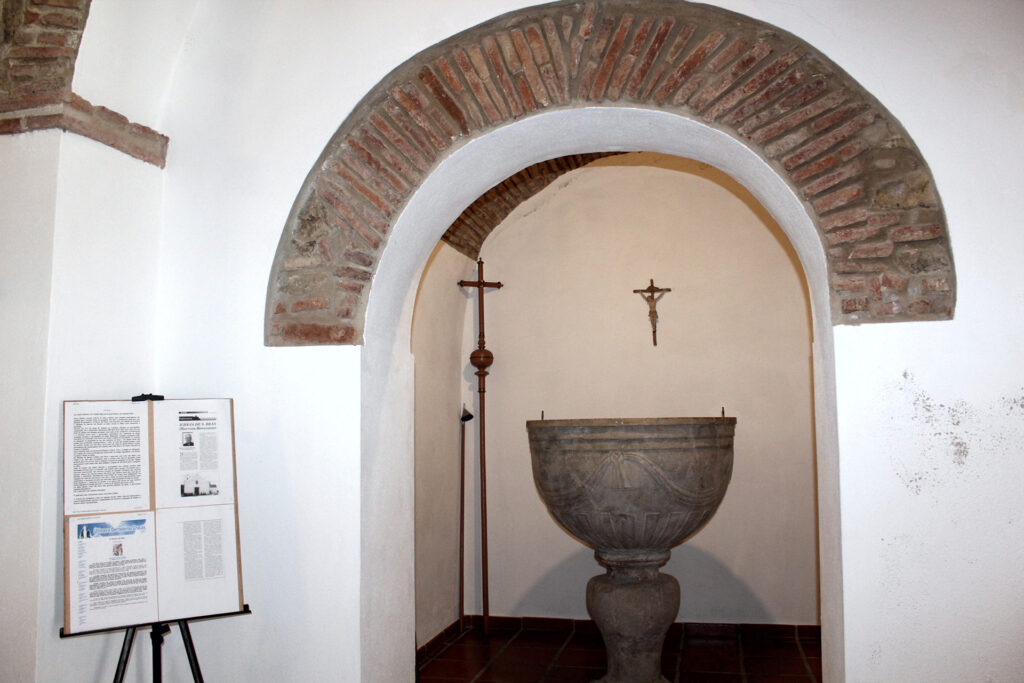
Benavente Parish Church
The 1909 earthquake violently destroyed the vilage and the old main church, dating from the 17th century (1680). In 1956, in this place (Parque 25 de Abril), then known as Largo do Chaveiro, the town’s new parish church was inaugurated, which houses the image of Nossa Senhora da Paz, the current patron saint.
Benavente Church of Mercy
Convent of Jenicó
In 1542, King Luís ordered the construction of the original Convent of Jenicó and, in 1626, the building was built, of which today only the exterior walls, the start of the arches and a small chapel dedicated to St. Bacchus remain.
The Arrábidos Friars’ Convent was built according to the precepts of the religious order to which they belonged. The construction followed criteria of poverty and had no ostentatious features; it had a single bedroom on the upper floor, workshops and a chapel.
On the lower floor, there was the Prince’s house and a small cloister, the sides of which were formed by two arches resting on a jasper column. This building had beautiful tile panels, which were removed and used to cover the walls of the current Benavente Church of Mercy.
Samora Correia Parish Church
Consecrated to Our Lady of Oliveira, patron saint of the parish, it dates from 1721 and stands on the site of the original medieval church.
The interior is covered with tiles, with two large panels dedicated to St. James standing out.
The high altar is gilded with images of the patron saint. On the opposite side to the epistle is a small altarpiece with an image of Our Lady of Ó.
On a large panel of vases and flowers of varying quality, pictures of the life of St. James the Greater are drawn in two marvelous and extensive central panels, 16 meters long and almost 2 meters high, flanked by smaller ones.
Property of Public Interest, including the gilded altars, tile panels and wall paintings.
Decree-Law no. 41191 of 18.07.1957.
Samora Correia Church of Mercy
Church of Santo Estêvão
Our Lady of Fatima Church
The church is dedicated to the cult of Our Lady of Fátima and was built in 1947. It has a simple architectural style that is suited to its rural surroundings. Inside, there is a masonry high altar with an image of Jesus Christ, a confessional from the a confessional from the early 20th century, a baptismal font, two side altars for the worship to St. Joseph and Our Lady of Fátima, the patron saint.
Chapel of São Brás
Small chapel, located on the left bank of the Sorraia river, approximately 3km from the village of Barrosa.
This chapel was the most important among the several that were linked to the Benavente Parish Church. This is a bare temple with a single nave and a rectangular floor plan. You can see elements in the carving that fit in perfectly with the Mannerist carving.
